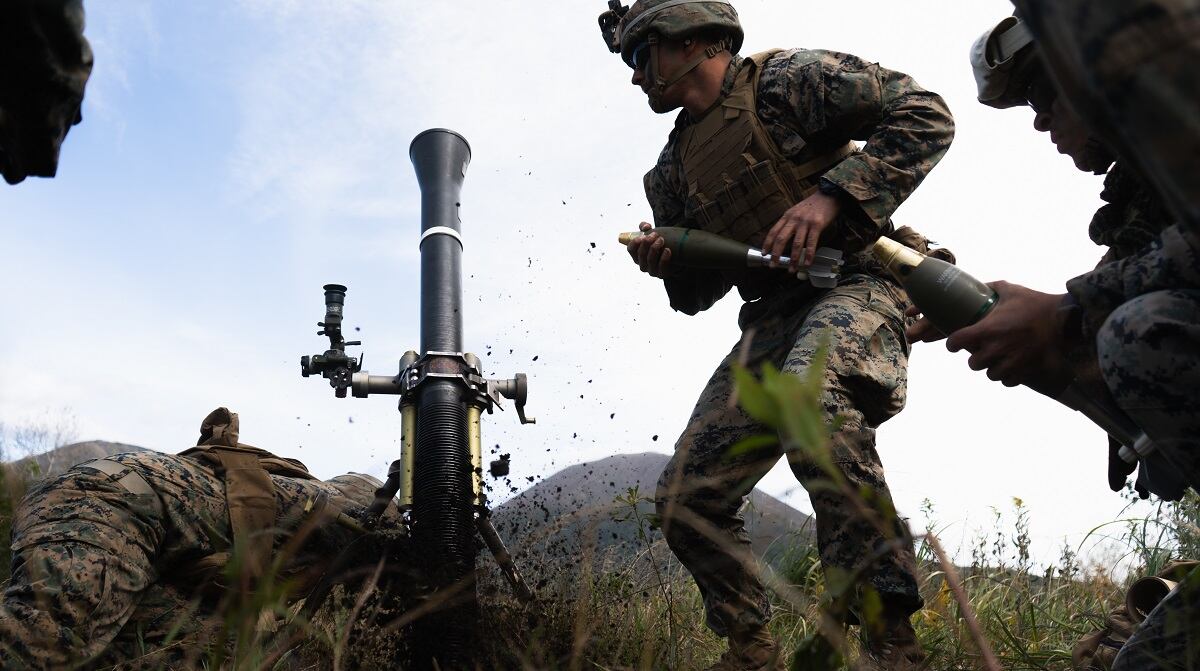My dad and grandfather were proud of their service in the military and so it seemed natural to follow in their footsteps and join the Air Force. I was 17 years old and wanted to save lives. I joined in 1989, two years before the Tailhook scandal and two decades before the "Invisible War," the documentary film that made military rape a national outrage.
The Air Force was life-changing for me. At first in a positive way — I gained a broader recognition of the world outside myself and made close friends.
When a new supervisor made inappropriate remarks, I just waved it off. When he started paying extra attention to me, I was uncomfortable but thought I could handle it. He followed me off base one day and aggressively tried to kiss me, but I made it clear I was not interested and was married. After that he started giving me poor performance reports while also suggesting we "hang out together." When I threatened to tell a commander, he said: "They are never going to believe you. You haven't proven yourself."
He was right. When I complained to a supervisor about inappropriate touching, she said my assailant was a "gentleman" and would never do that. After that, the reprisals escalated. My work was sabotaged. When I complained again about harassment I was threatened with punishment for filing false charges. My assailant took his anger about my complaints out on me. One day when I was high up on a ladder holding a box he pulled me down, called me a "loud mouth bitch" and violently assaulted me.
With a broken tailbone and covered in blood and vomit, I ran to my captain's office. But even then she did not believe me. Rather than being supported, I was punished. I was given extra duty and assigned to clean the men's latrine, which was isolated and terrifying.
My request for a transfer was denied. I had to work side by side with my attacker for the next several months. By then I was tagged a bad soldierairman and was repeatedly disciplined for infractions like not saluting when I came in to see my supervisor immediately after the attack. My supervisor made it clear they were looking for a reason to get rid of me.
A few months later I received a "general under honorable conditions" discharge for minor disciplinary infractions. Military papers warn that "employers have a low regard for general" discharges. Because the vast majority of military separations are honorable, a general discharge raises a red flag. I was desperate to get away from my assailant and though I wanted to stay in service, I refused to work with him and as a result was discharged.
Thus it is not enough that I was punished for reporting an assault. I continue to be punished whenever I have to show my discharge papers. Having to explain them makes it hard to move past a horrifying incident that occurred more than two decades ago.
Had I been attacked today, maybe things would have been better. The military has had to take some steps to make life better for survivors. At least I may have been able to get a transfer.
But while reforms have been undertaken for active service members, nothing has been done for people like me who live with unfair discharge papers. Our only avenue for recourse is with the Board for of Correction of for Military Records. But there is little chance board members will ever see my case and almost no chance of relief. Staff members summarize cases for board members, who spend only a few minutes reviewing materials. Nor will I get to plead my case in person. The Air Force board of Correction has had only one hearing in the past seven years despite deciding more than over 2,000 cases a year.
Nor can I rely on courts to ensure the boards are acting properly. They defer to the boards so much that between 2009 and 2013 no Air Force board decisions were vacated or modified. The lack of meaningful oversight makes it all the more important that the boards get it right the first time and have meaningful review processes in place so that service members would at least I would know that their cases will get my case would get a fair hearing.
I am not alone. I know there are thousands of others in a similar situation living with bad papers, with little hope of having their discharges changed. If I had been given a medical discharge for my post-traumatic stress disorder and back injury, I could have gotten the help I needed right away and my entire life would be different.
For years I have had difficulty holding a job due to anxiety. Getting assistance from the Department of Veterans Affairs was a multiyear battle. My medical bills are enormous. It is time for Congress to look at the boards and make sure that veterans are treated fairly and given their due and do not have to carry the burden of their discharge for the rest of their lives.
Amy Harrell left the Air Force after being busted down to airman basic. Today, she is a homemaker in Louisiana. The views expressed here do not necessarily represent those of Military Times or its editorial staff.





